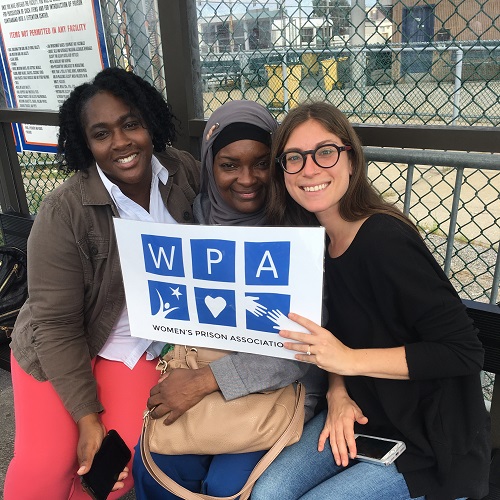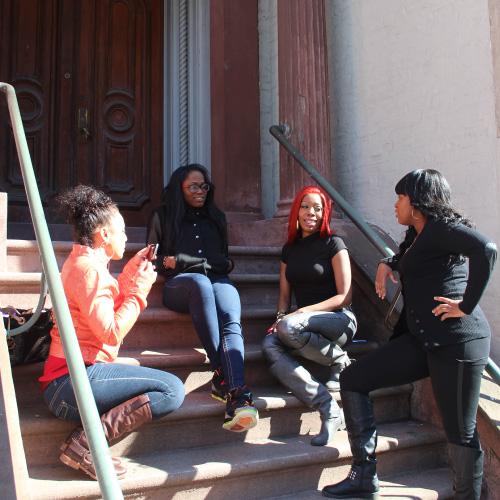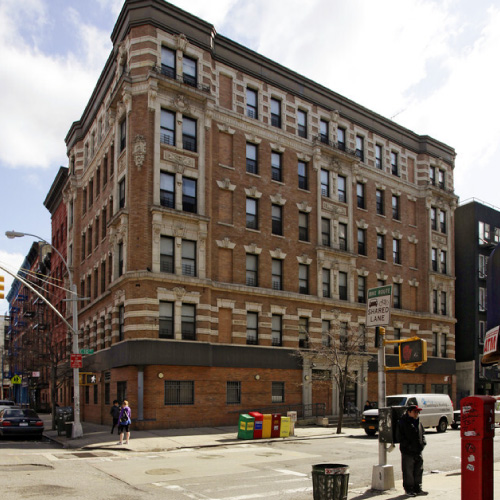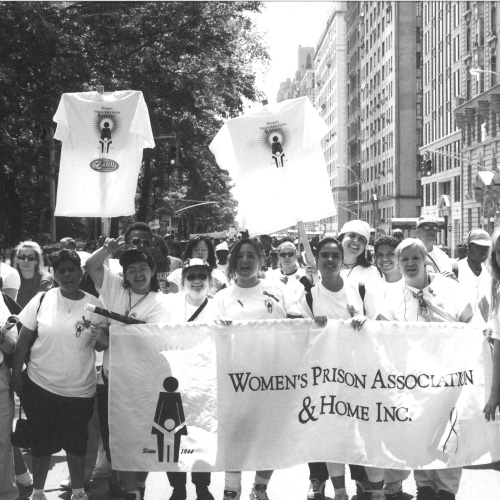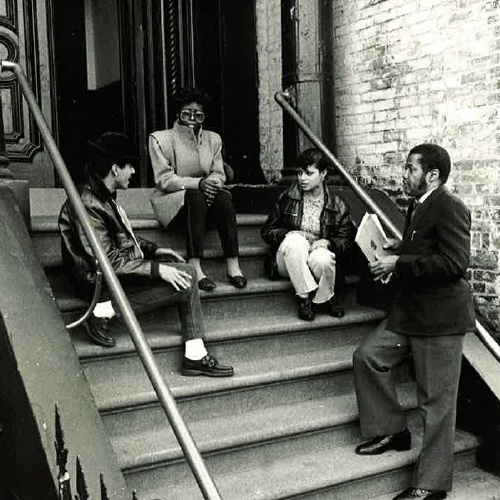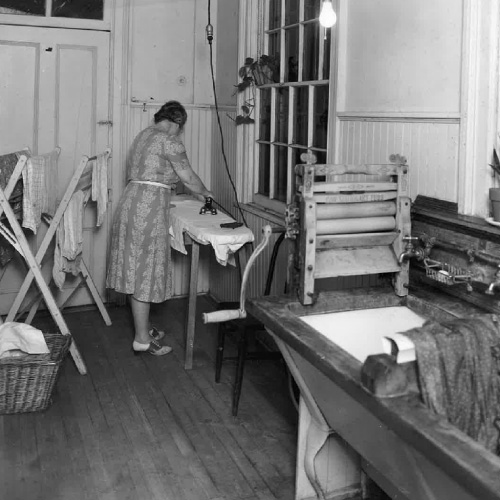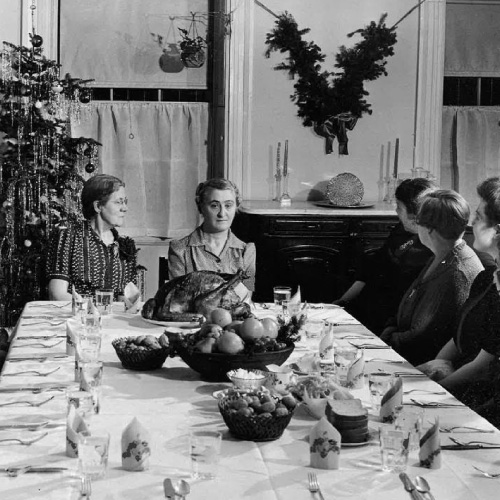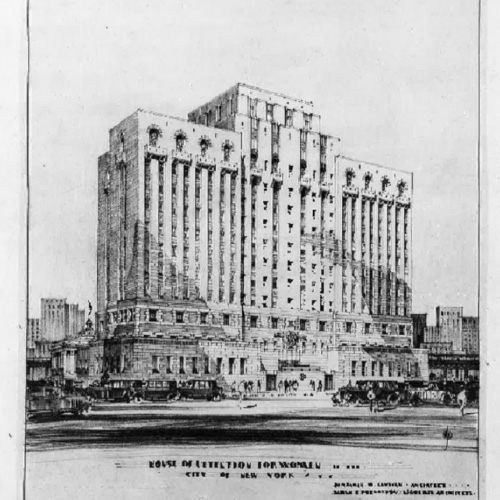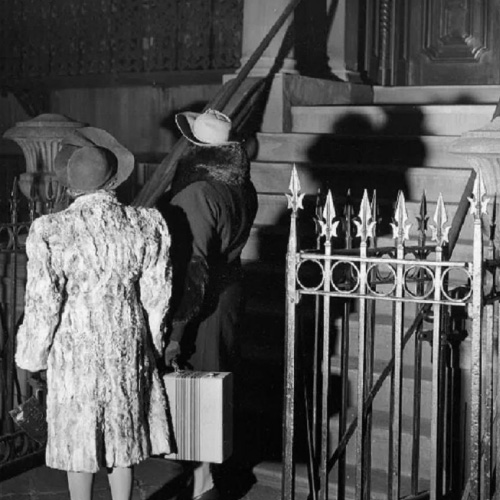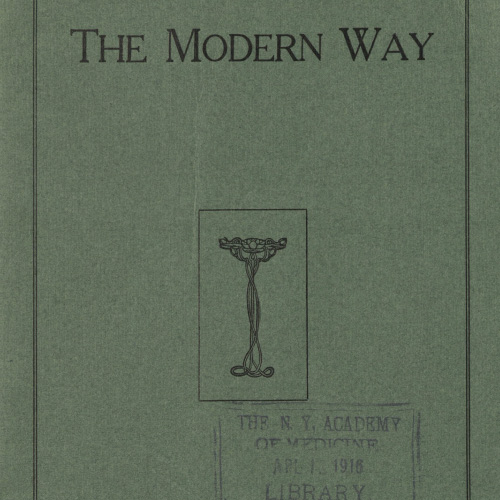Timeline
2019
WPA launches the Survivor’s Advocacy Project to support survivors of trafficking and intimate partner violence on Rikers Island. WPA advocates for the release of survivors, connects them to services, and trains other providers in identifying signs of trauma and trafficking.
Read More2012
WPA opens the nation’s first home-based alternative to incarceration program for women.
Read More1994
WPA opens Sarah Powell Huntington House, New York State’s first family reunification program for formerly incarcerated women experiencing homelessness.
Read More1992
WPA becomes the first community partner to AIDS Counseling & Education (ACE): a peer-based program created and facilitated by women incarcerated at Bedford Hills Correctional Facility in New York.
Read More1972
WPA offers an alternative to prison via a court diversion program. “The people we work with are adults. We treat them that way. We do not make decisions or plans for them. We do not attempt to take responsibility for their actions. We do help to guide in decision-making by providing resources.” – 1972 Annual…
Read More1945
WPA turns 100. With World War II happening, the Centennial is commemorated modestly. “We have, as always, had a warm meal or a clean bed for the girl who needed it. Our services have been extended to as many as we could take care of and we believe that the value of our contacts has…
Read More1933
Despite an unprecedented economic downturn, WPA remains open during the Great Depression. “The exigencies of [the Great Depression] have brought their added problems to WPA. Extreme poverty is having its effect upon the groups we work with as well as upon the rest of the community. Shoplifting, by those who have never done it before,…
Read More1931
WPA employs the first psychologist at the House of Detention to prioritize the mental health of women.
Read More1929
WPA becomes one of the first integrated social service agencies in New York.
Read More1913
WPA publishes “The Modern Way,” a feminist pamphlet designed to expose the conditions of state prisons for women.
Read More
